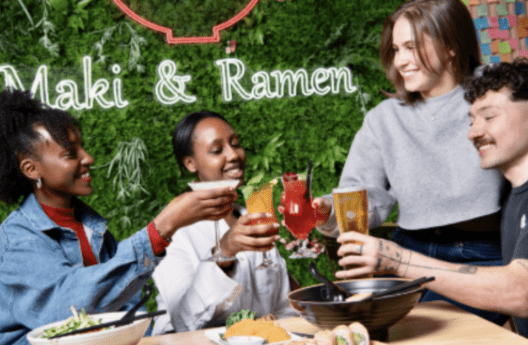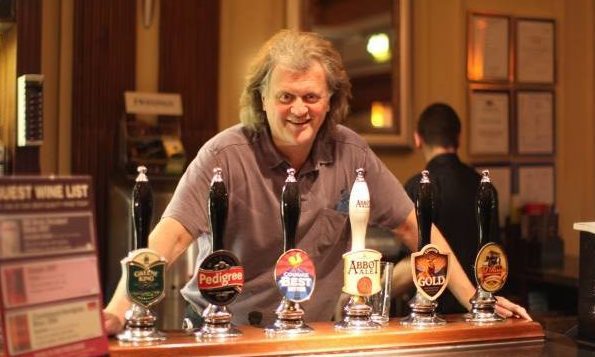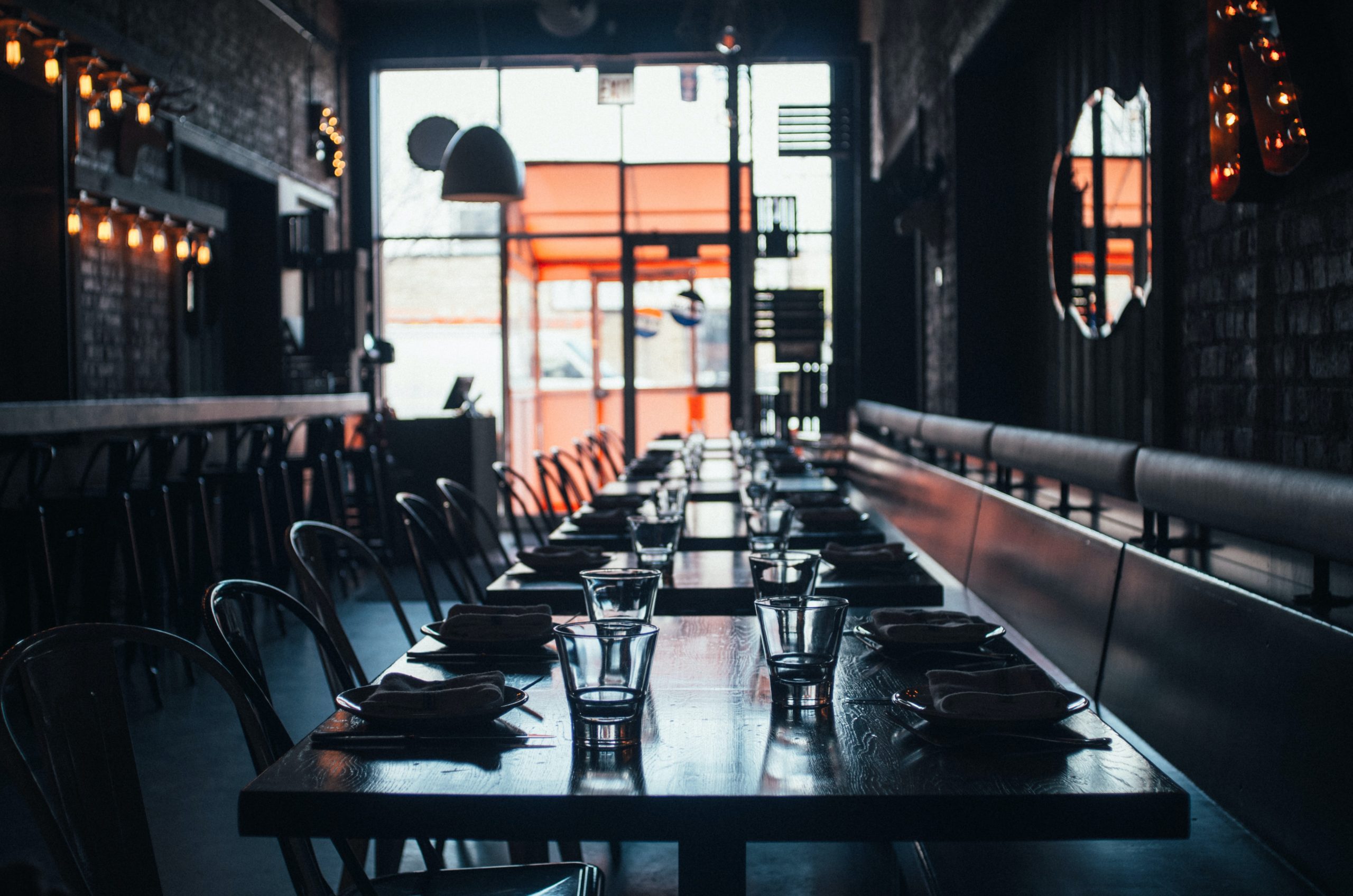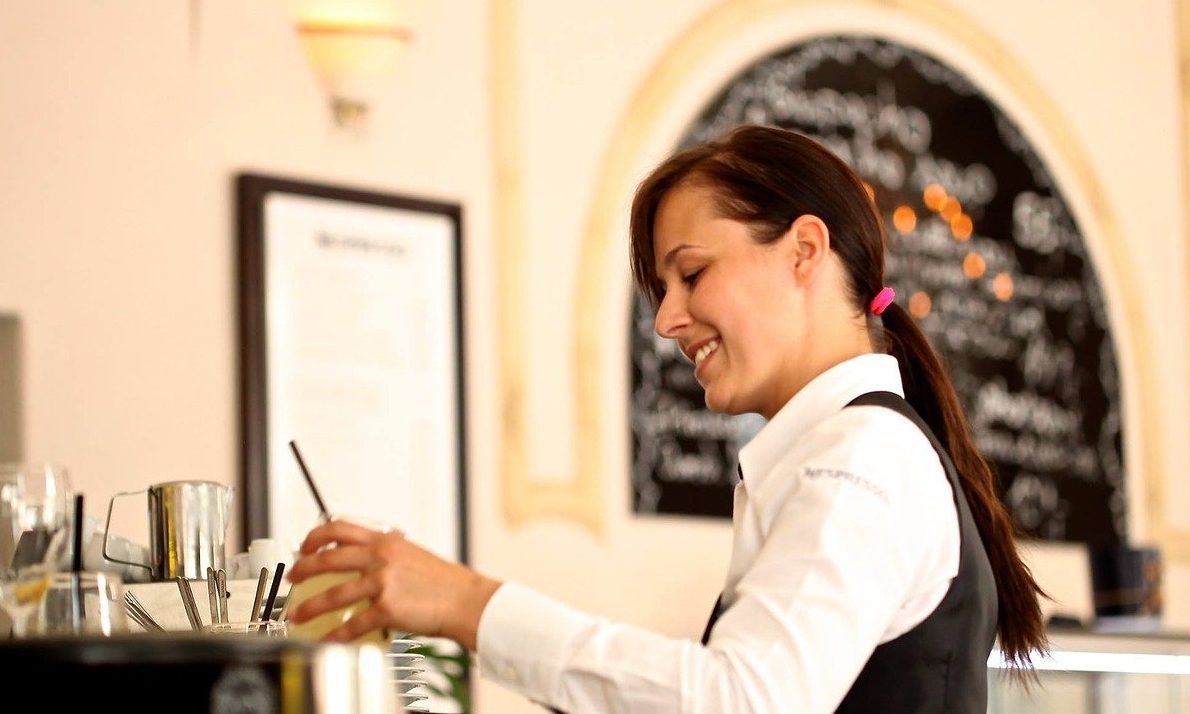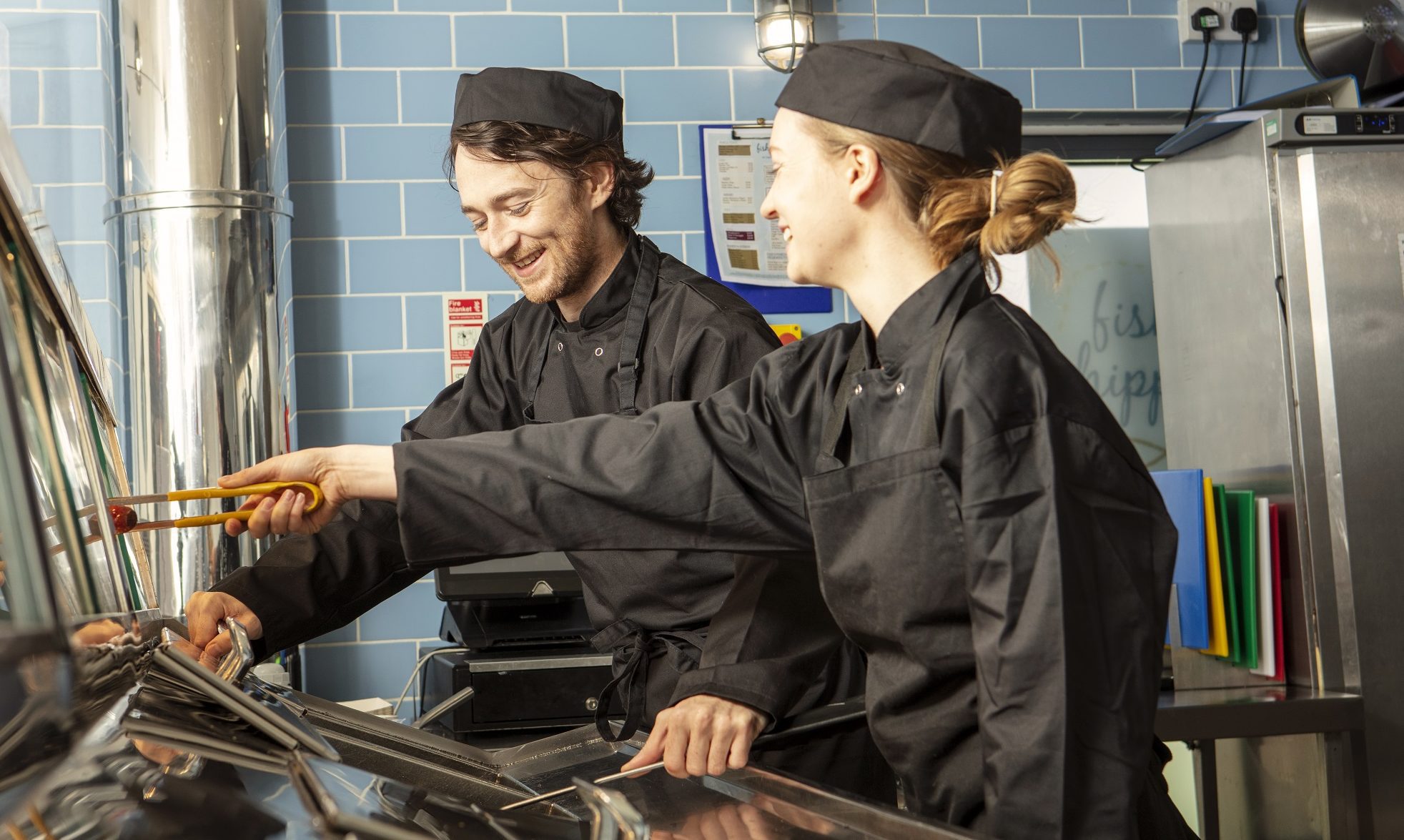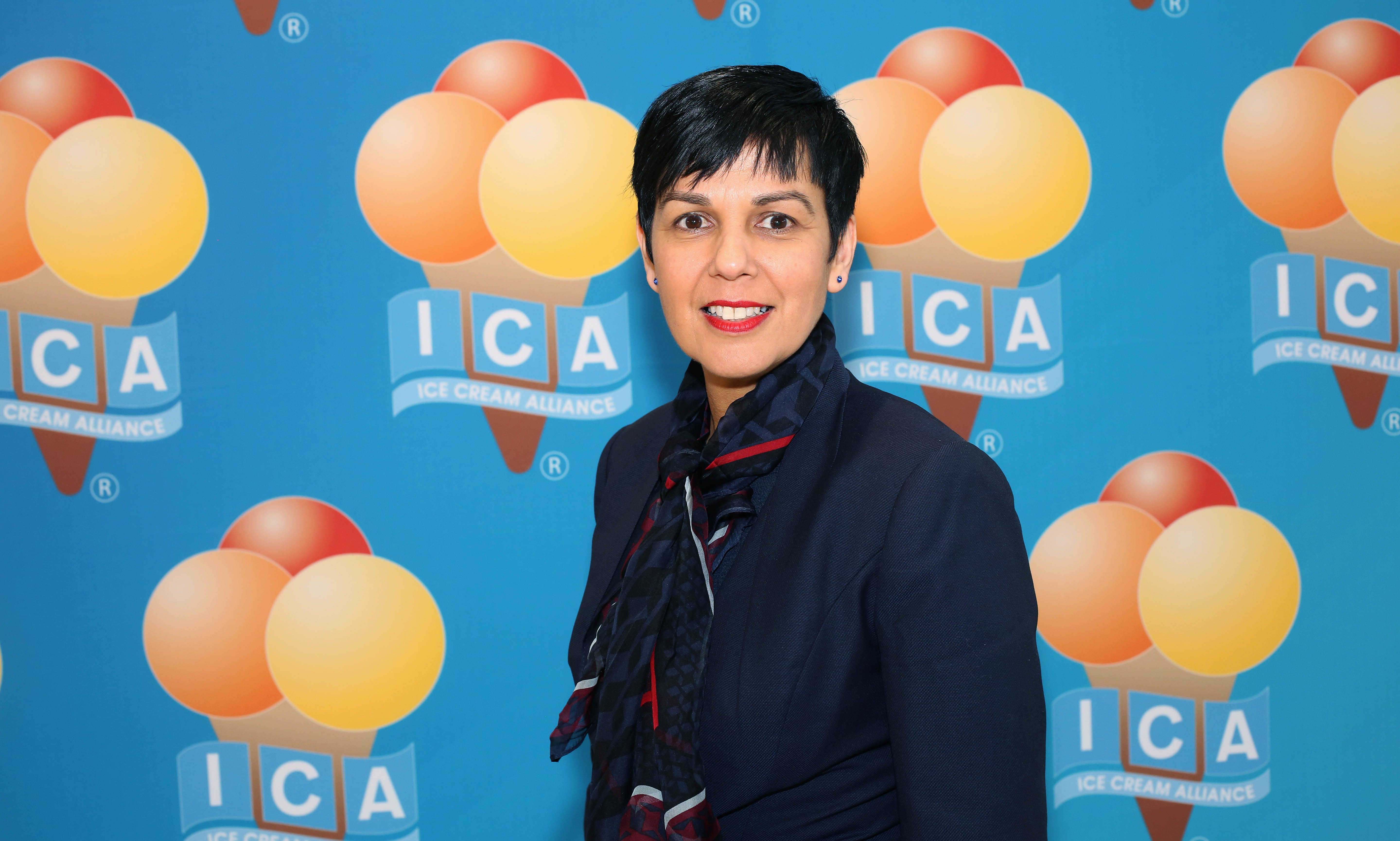Register to get 5 free articles
Reveal the article below by registering for our email newsletter.
Want unlimited access? View Plans
Already have an account? Sign in
The past 18 months have not been all doom and gloom in the hospitality industry. Despite the period of uncertainty, companies have found ways to grow their business by exploring alternate avenues and diversifying their approach. Hell Yeah Hospitality Group, which operates three hospitality brand concepts; Pizza Punks, Mamasan and Veganizza, is an example of a hospitality company that has gone from strength to strength over the recent past. The unlimited-topping and sourdough pizza brand has existing sites located in Glasgow, Belfast and Newcastle, and has recently opened a Leeds restaurant on Bond Street. It has also just revealed plans to expand into Leicester, Durham, Liverpool and Cardiff within the next 12 months, increasing the total Pizza Punks sites across the UK – from four to eight.
The expansion plans come after a period of success during the past 18 months, despite the difficult circumstances. This was partly due to a delivery service launched during lockdown, and an e-commerce business which ships par baked Pizza Punks pizza around the UK and Ireland via DPD, as well as a clear philosophy behind the company’s approach. Catering Today speaks to owner and founder, Brad Stevens, about it’s expansion plans, and the secrets of its success, and the philosophy behind the company.
Putting hospitality back into hospitality
The catalyst behind the launch of Hell Yeah Hospitality and Pizza Punks was “to try and put the hospitality back into the hospitality business”, according to Stevens. This is an aspect he says he felt was “sadly lacking with the emergence and very fast growth of the casual dining market.” This led to a holistic approach to its hospitality service, aiming to give customers a genuinely personable experience where “we try to engage with our guests and be on their side a bit more than the rest of the market”, all at a fair price.
The company takes pride in its ingredients with a focus on a product created with care and offered at a fair price. An example of this is its sourdough base, which it sources from San Francisco after “having done the research that San Francisco is known for making the best sourdough in the world”.
“We want to give the power back to the people, who have probably had their pants pulled down a little bit over the last hundreds of years with the cost of pizzas, and the margin making on it”, Stevens explains.
A clear brand philosophy is an “essential route” to success in the current hospitality climate, as noted by Paul Newman, head of leisure and hospitality at RSM. “Brands need to attain loyalty, both with consumers and in seeking to attract quality talent” he says. “This means hospitality businesses need to be relevant to their target audience; consider how they interact across all aspects of consumers’ experience; not dilute their offering; while being wary of creating unnecessary PR headaches which could ultimately threaten the brand.”
Thriving through the pandemic
As with most in the hospitality industry, Hell Yeah found their business completely shut down by the pandemic, and were forced to find ways to adapt to the adverse conditions. It subsequently launched a delivery service, bypassing third party websites in order to maintain the personability it championed in its restaurants.
Stevens says the reasoning behind the choice was inspired by his belief of a “massive gap in the market”. He says: “With third party’s let’s just say we’ve had issues with pizzas not turning up, or turning up cold, upside down, folded over.. So we took that bit of extra care and attention. Because we did that with a great product, and we were in charge of getting it safely to the customers door, then we had some sites doing 70 to 80% of normal trades when we were closed.”
Hell Yeah were able to flip to delivery seamlessly, using its restaurant staff in the delivery process to maintain as close to its restaurant standard as possible. “We were trying to give that same hospitality and service to people’s doors rather than at the table,” Stevens adds. “We had guys singing Happy Birthday on people’s doors, giving balloons to children, writing personal messages on the boxes.”
Alongside the delivery service, the multi-faceted approach extends to an e-commerce business where its pizza’s are par baked and can be delivered throughout the UK and Ireland, in an attempt to offer a restaurant quality-product as an alternative to store-bought Pizza.
Looking to the future
Stevens is enthusiastic about Hell Yeah Hospitality’s potential for growth, but mindful of doing so without losing the brand’s identity. He says the brand is “looking to kind of go further into 2023 as well, with the aim of getting to 25 sites by 2025. That would be a good number for us. But what we don’t want to do is make the mistake of growing for growing sake, and then the product suffers.”
It’s philosophy of growth extends to its employees, where Stevens is enthusiastic about employees moving up the ranks, and even exploring new areas within the company. He points to an example of a restaurant general manager transition to the accounts department.
“We’ve got a kind of philosophy here where if somebody comes in as a server, but lets say they fancy and they’re interested in social media, then they can come to the support office and see what the guys do and have a go at it”. he says.
With a sharp focus on the lack of security and the unsustainable nature of the worker-environment in the hospitality industry, Hell Yeah Hospitality’s focus on career progression is one which Newman says we can come to see more of in 2022. He notes: “In 2022, expect to see an industry wide campaign to reframe the hospitality sector as one that can provide valuable opportunities to train and develop, and a viable career path for ambitious employees to progress from waiting staff through to management.”
However, Stevens is wary of the pitfalls of growth, and installing a clear path of career progression for him is one example of growing while sticking to the values the company was built upon. “It’s just to make sure you know, we can provide the growth that we want to do but doing it in with the philosophy that we have. So it’s giving opportunities for people to kind of come and learn, develop and push forward.”


